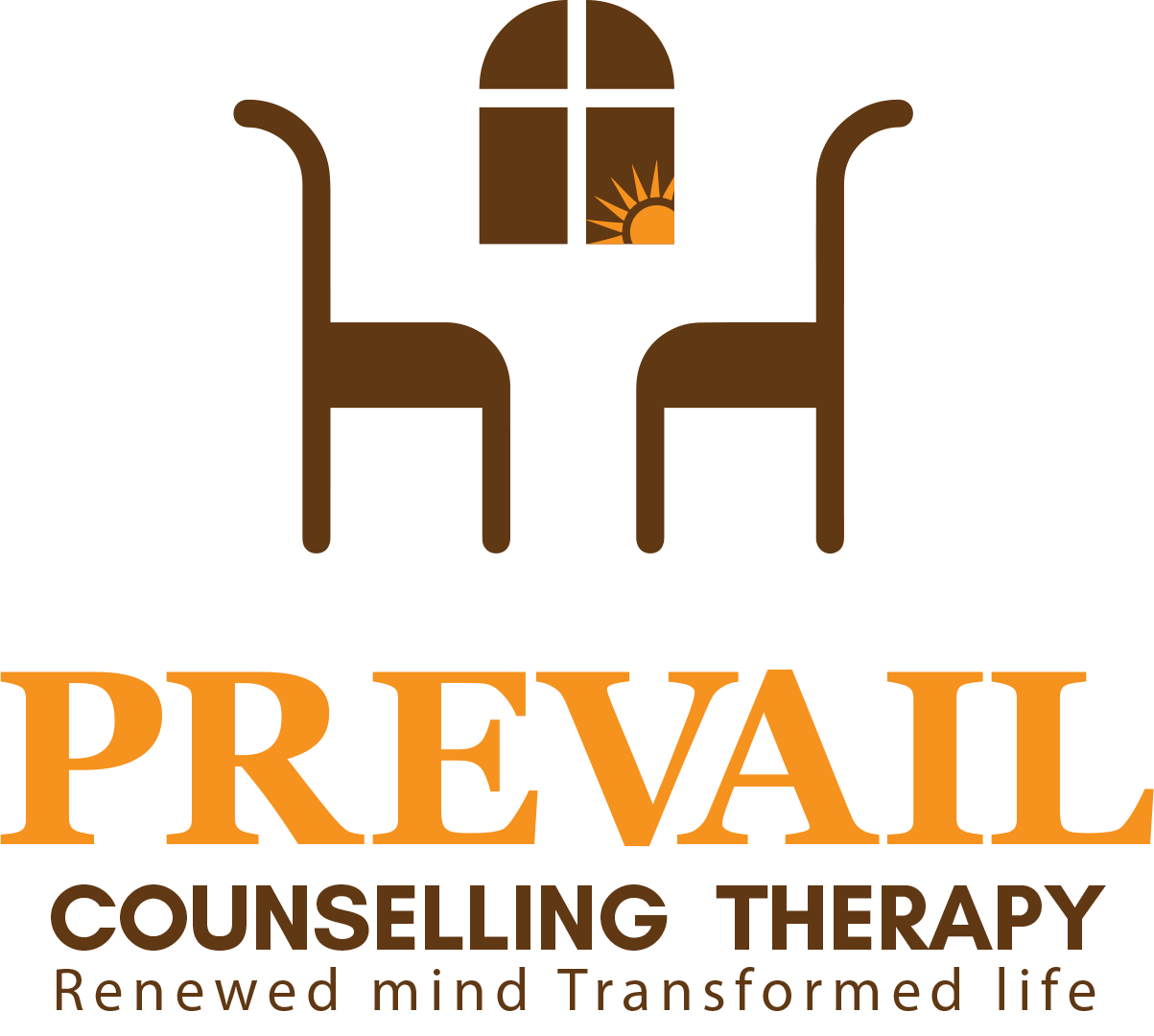Good Will Hunting

By: James Foley
Categories:
Good Will Hunting
It is only recently that I saw the 1997 film Good Will Hunting. For those of you who have not seen it, the film revolves around a young Matt Damon who’s character, Will, is a cleaner at a fancy US college. While there he easily solves a very complex maths formula that is left on a chalkboard. The film revolves around the question why is such a talented genius mopping floors? What is holding him back? What is he afraid of?
He has to engage with a counselling therapist Seán, as played by Robin Williams as a parole condition.
The relationship between Will and Seán is the centre of the story. We are shown segments of about 5 or more sessions between them.
So what impression does this film give of what happens in a counselling room?
Firstly Seán is very unboundaried. It is important to say this is not the norm. Professional boundaries keep the focus on the client where it should be. That said Seán’s sharing of his loss re his wife is very powerful and adds to the film’s drama.
What I think the film does show very well is how counselling is a process of layer peeling. In the scene titled, “It’s not your fault”, Seán repeatedly states to Will, “It’s not your fault”, when memories for Will of being physically abused are brought up.
What happens is a very speeded up version of the work that is counselling therapy.
Will initially rebuffs Seán’s statement with his tried and tested defense mechanisms. As Will realises they are not working he is literally backed up against a wall and tells Seán to stop. Will is scared. Seán persists repeating, “It’s not your fault”. Will is broken, and his healing begins.
Does this film and this scene in particular encourage you to use counselling therapy?
Well that is for you to decide.
For me it encourages me in my therapeutic work. It encourages me to believe that my chosen profession really can make a difference. People truly can change when the circumstances are right.
So please do see Good Will Hunting if you never have. Your response to the film could lead you to think about your own next steps.

